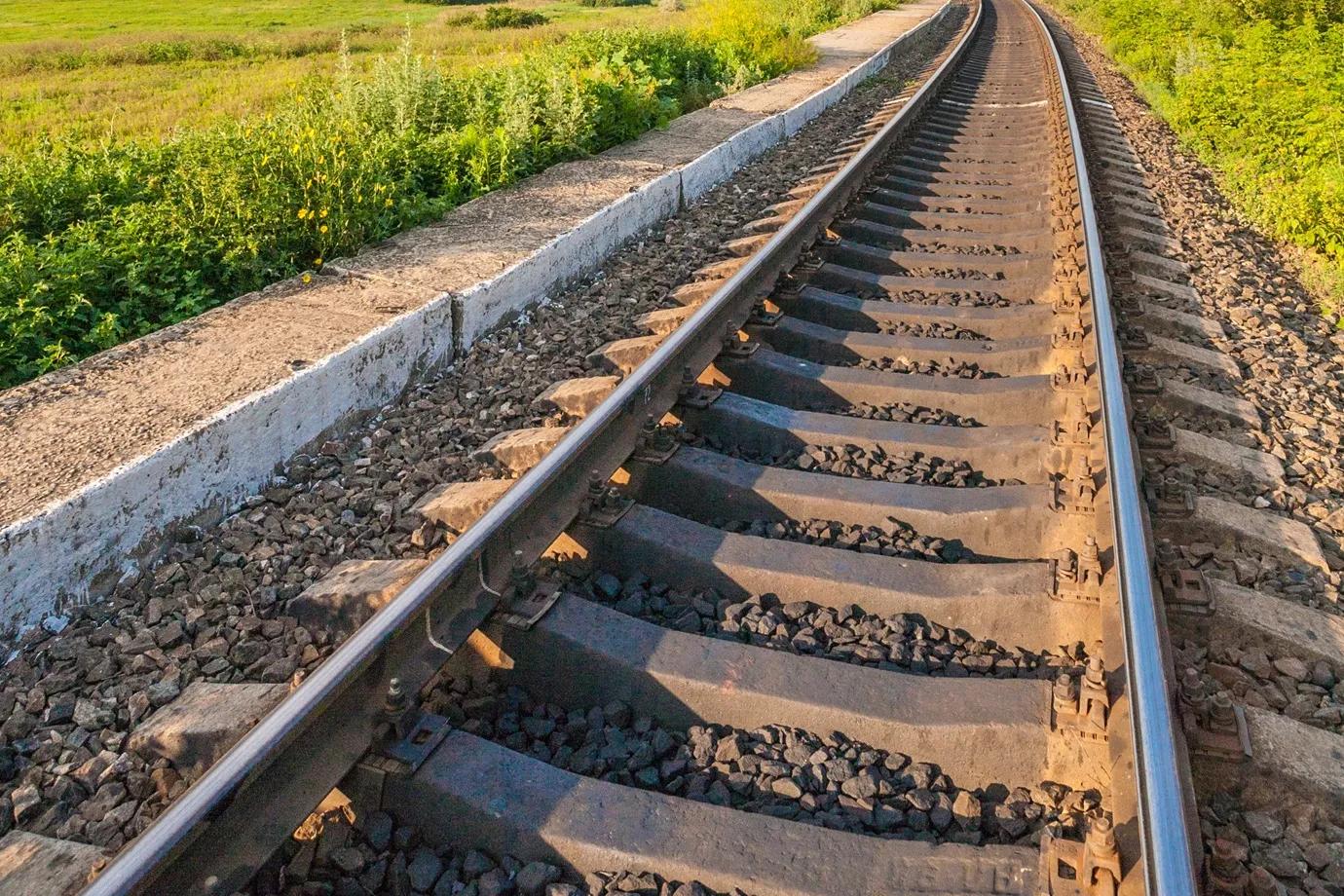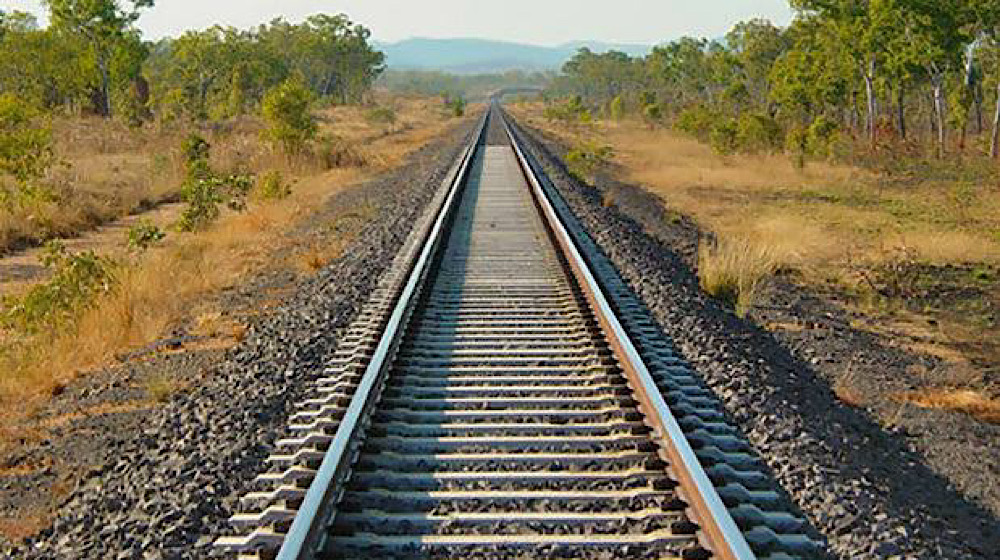Pakistans Ambitious $10 Billion Railway Upgrade: Connecting with Central Asia




Pakistan's Railway Transformation: A $10 Billion Vision for the Future
Pakistan's railway sector stands at the threshold of an unprecedented transformation with the announcement of a monumental $10 billion infrastructure initiative. This ambitious project centers around the construction of an extensive 850-kilometer railway track stretching from Kohat to Mazar-i-Sharif, complemented by a strategic 75-kilometer extension into Uzbekistan. This visionary undertaking represents far more than mere infrastructure development; it constitutes a cornerstone for establishing robust regional connectivity that will bridge Pakistan with the heart of Central Asia.
Federal Minister for Railways, Hanif Abbasi, unveiled these groundbreaking plans during his comprehensive visit to the Faisalabad Railway Station, emphasizing that this initiative aligns perfectly with the Prime Minister's transformative vision for Pakistan Railways. The project encompasses both immediate implementation strategies and long-term developmental goals designed to catapult Pakistan's railway system into the modern digital era, establishing new benchmarks for international connectivity and operational excellence.
The modernization drive extends beyond physical infrastructure to encompass a complete digital transformation of railway operations. At the forefront of this technological revolution is the implementation of a fully automated ticketing system, eliminating traditional inefficiencies and providing passengers with seamless booking experiences. The integration of state-of-the-art train tracking systems ensures real-time monitoring capabilities, while the installation of ATM facilities at major stations demonstrates the commitment to passenger convenience.
In collaboration with Punjab Chief Minister Maryam Nawaz, the digital expansion includes the strategic rollout of WiFi services across 40 railway stations throughout the network. This connectivity initiative begins in Lahore and will progressively extend to major urban centers, including Faisalabad, Karachi, Hyderabad, and other key cities. This digital infrastructure development ensures that passengers remain connected throughout their journeys, aligning with contemporary travel expectations and international standards.
Pakistan Railways is implementing a comprehensive outsourcing strategy aimed at elevating service quality while simultaneously boosting revenue generation. This strategic approach encompasses the management of passenger trains, freight operations, and various auxiliary facilities, including rest houses, special saloons, educational institutions, and healthcare facilities. The outsourcing initiative is scheduled for completion by September 30, targeting nine to eleven trains along with their associated infrastructure and services.
A particularly innovative aspect of this modernization involves the democratization of previously exclusive services. Special saloons that were historically reserved for government officials are now being made available to the general public at affordable rental rates. This initiative not only generates additional revenue streams but also ensures equitable access to premium travel experiences, reflecting the inclusive nature of the modernization strategy.
The introduction of modern Diesel Multiple Unit (DMU) trains represents a significant leap forward in passenger transport capabilities. These state-of-the-art vehicles boast an impressive capacity of 650 passengers per unit, with built-in expandability to accommodate future demand growth. The initial deployment focuses on high-traffic routes, including Lahore to Faisalabad, Narowal, and Kasur, with plans for broader network integration as the modernization progresses.
These advanced trains incorporate contemporary comfort features and safety systems, ensuring that passengers experience world-class travel standards comparable to international railway networks. The enhanced capacity and efficiency of these units will significantly improve service frequency and reduce overcrowding issues that have historically challenged Pakistan's railway system.
The transformation extends to comprehensive station management and passenger service quality improvements. Professional solid waste management companies have been contracted to maintain cleanliness standards at key stations including Rawalpindi, Lahore, Multan, and other major terminals. This systematic approach ensures consistent hygiene standards across the network, contributing to improved passenger satisfaction and station aesthetics.
Provincial food authorities have been granted enhanced oversight responsibilities to monitor and maintain food quality standards on trains and at station facilities. This proactive approach to health and safety demonstrates the commitment to passenger welfare and establishes accountability mechanisms for service providers throughout the railway network.
The broader implications of this railway transformation extend far beyond national boundaries, positioning Pakistan as a crucial transit hub connecting South Asia with Central Asian markets. The Kohat to Mazar-i-Sharif corridor, with its extension into Uzbekistan, will facilitate enhanced trade relationships, cultural exchanges, and economic cooperation across the region. This strategic positioning aligns with broader regional connectivity initiatives and positions Pakistan Railways as a key player in international logistics networks.
The successful implementation of these modernization initiatives will establish new benchmarks for railway operations in the region while demonstrating Pakistan's commitment to infrastructure development and technological advancement. The integration of digital systems, modern rolling stock, enhanced service quality, and strategic international connectivity creates a foundation for sustained growth and operational excellence that will benefit passengers, businesses, and the broader economy for generations to come.

Comments